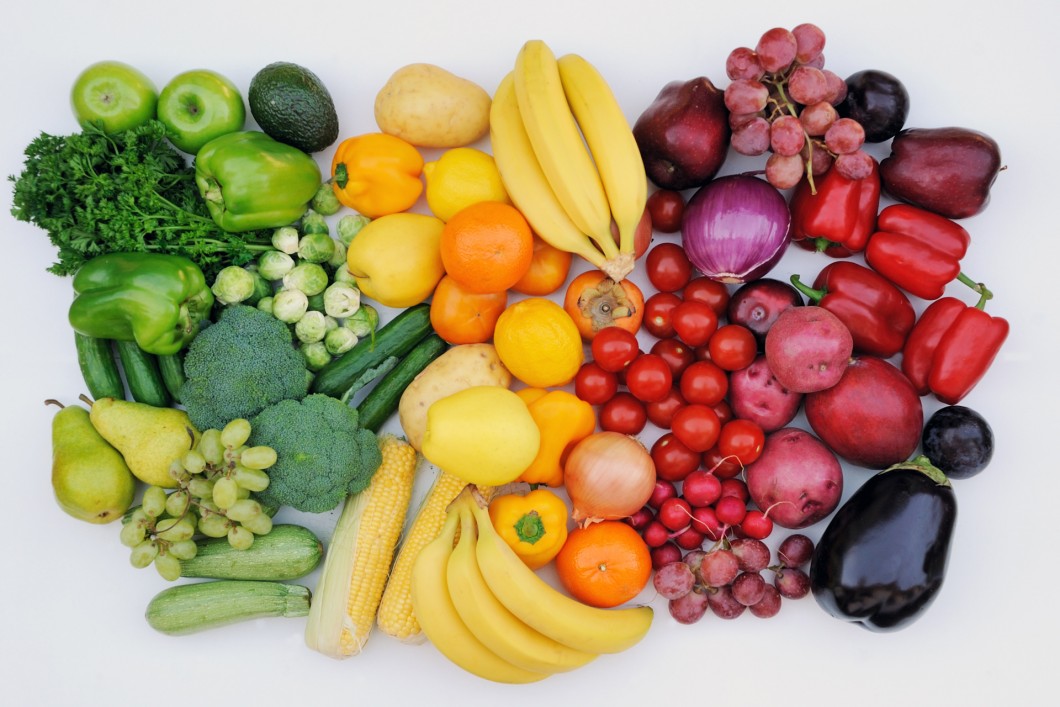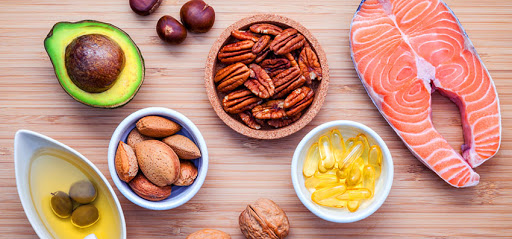In today’s article we’ll talk about the low carb diet that, as the name suggests, works with less carbohydrate intake. You will find tips and benefits to lose weight with health and without exaggeration, keep reading!
What is a low carb diet?
As we said above, the low carb diet works through a lower intake of carbohydrates, which are present in bread, rice, pasta and potatoes, for example. If you want to lose weight in a healthy way, you must take care not to reduce this consumption in an extreme way, such as below 40% per day. Not only carbohydrate, but protein and especially fat must also be well controlled with a 10% reduction and an improvement in the food consumed.
Some benefits of the low carb diet
Now know some benefits of the low carb diet when done correctly:
– Weight loss:
When consuming less fatty foods, with low or moderate sugar, the body will burn the fat stock between meals.
– Diabetes prevention:
Carbohydrate becomes blood sugar, by consuming a smaller amount, you decrease the risk of having type 2 diabetes.
Foods allowed in the low carb diet
The low carb diet consists of vegetables, legumes, proteins, fruits and sources of fat. Let’s explain it a little better below:
Vegetables and legumes

Fruits
Contrary to what it seems, fruits are not all low carb either, this is because their fructose is a source of carbohydrate.
Some fruits released on low carb:
– Avocado,
– Strawberry,
– Peach,
– Melon,
– Coco.
Sources of fat
Many high-fat foods are low in carbohydrates, but some are not as healthy to use in your low carb diet.
The ideal is to try to consume good fats, such as unsaturated fats. You can find them at
Tips to rock the diet
You’ve already taken a look at what can go on your low carb diet menu, now we have some additional tips to help you lose weight in health:
- Don’t eat more than 4 hours;
- Sleep well, during sleep the body produces a hormone capable of controlling hunger during the day;
- Drink at least 2 liters of water a day;
- Eat plenty of salad, choose vegetables that you like and don’t be too caloric;
- Avoid excess salt and sodium to escape fluid retention;
- Prefer less caloric and fatty meals.
In addition, it is always good to consult a nutritionist to set up your healthy weight loss diet!

